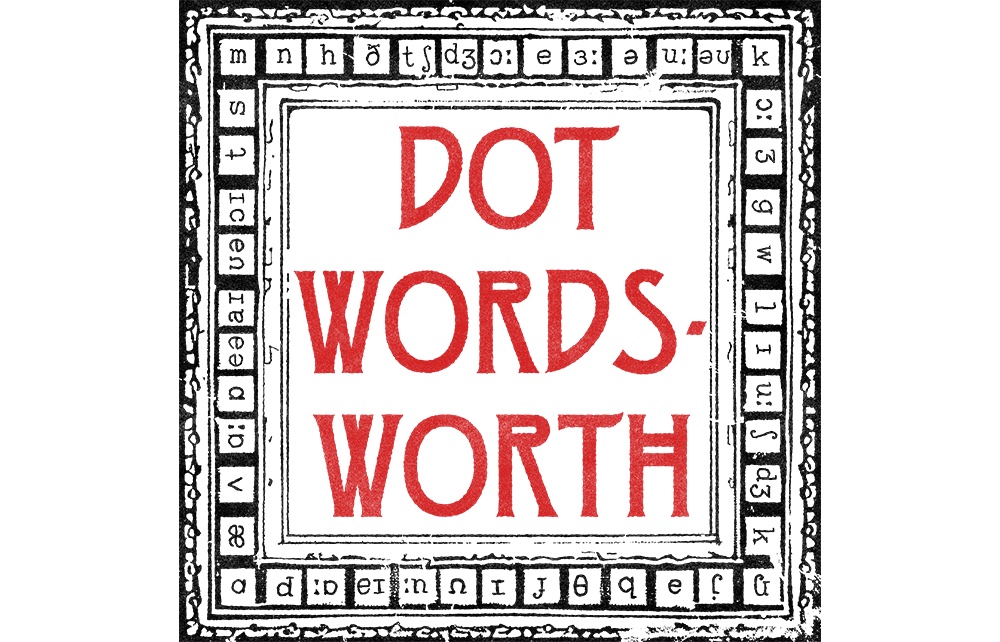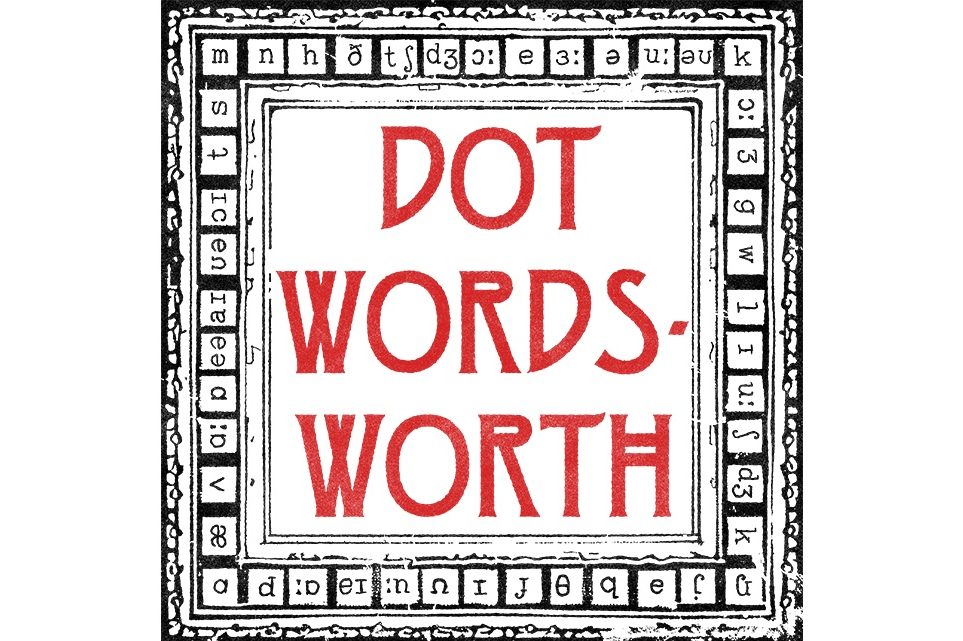I asked my husband if I should spend £59 ($77) on 20 milliliters of Estée Lauder Advanced Night Repair Intense Reset Concentrate. He laughed and said: ‘Try chicken soup.’ This did not quite answer my question.
An ingredient of the concentrate is hyaluronic acid. It is not, as far as I can tell, an acid. It is named after the vitreous humor of the eye (hualoeides being the Greek for ‘glassy’). It is not derived from animals’ eyes, but from cocks’ combs. It can also be produced by streptococci and genetically modified Escherichia coli, alarming-sounding sources not, I think, used by cosmetics firms. We humans produce it naturally, and, having boiled up some chicken cartilage, I still didn’t know whether to drink the soup or spread it on my face.
My attention had first been drawn by ‘Intense Reset’. Everything is subject to a reset these days. People seeking a quiet holiday are told in travel articles to ‘reflect and reset’ and to ‘reset and recharge’.
To me, reset reminds me of my central heating controls, which have a reset button. Press it, and the complications make learning a foreign language seem simple. So reset seems an annoying and voguish word.
With some surprise I found reset has been in use since the early 17th century. It is earliest recorded in the verse of Robert Hayman, whom some like to call the first Canadian poet. He was a colonist of Newfoundland, specializing in anti-Catholic verse. In his volume Quodlibets (1628), one couplet goes: ‘If this Pope, Millions drawes with him to Hell, / The next wise Pope may reset all things well.’
Set is a busy word. Its entry in the Merriam-Webster Dictionary comprises no fewer than 25 transitive verbs, 11 intransitive verbs, 24 nouns and seven adjectives. Its entry as a verb in the Oxford English Dictionary is the same length as Northanger Abbey, with 126 main meanings (from putting eggs under a chicken to putting one’s teeth on edge) even before the phrasal verbs begin (set about to set up). It is possible to contrive a use of reset for many of them.
But the vague metaphor of beginning a set-up again is the one we are fed just now, in the world of politics and of moisturizers.
This article is in The Spectator’s January 2020 US edition.

























